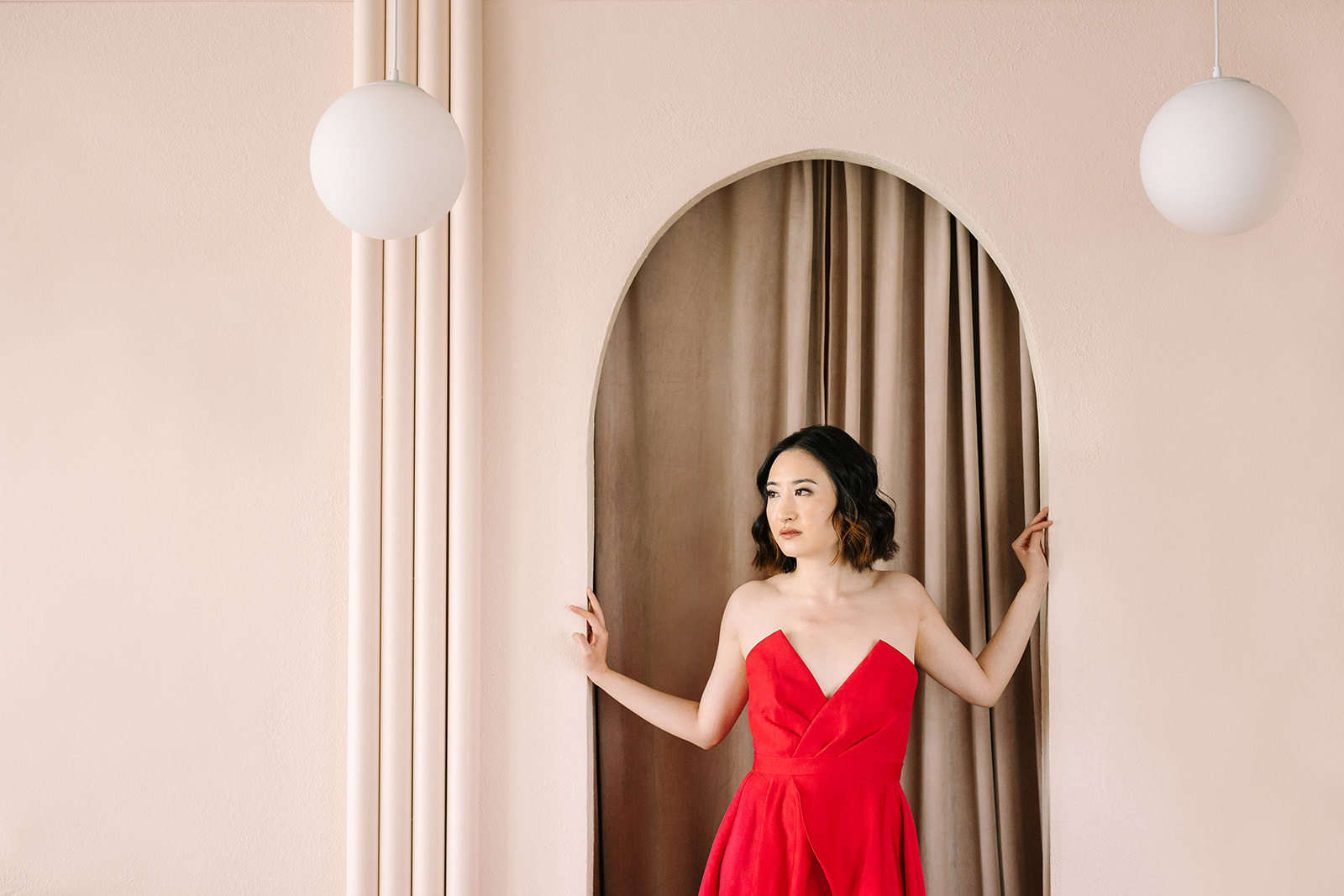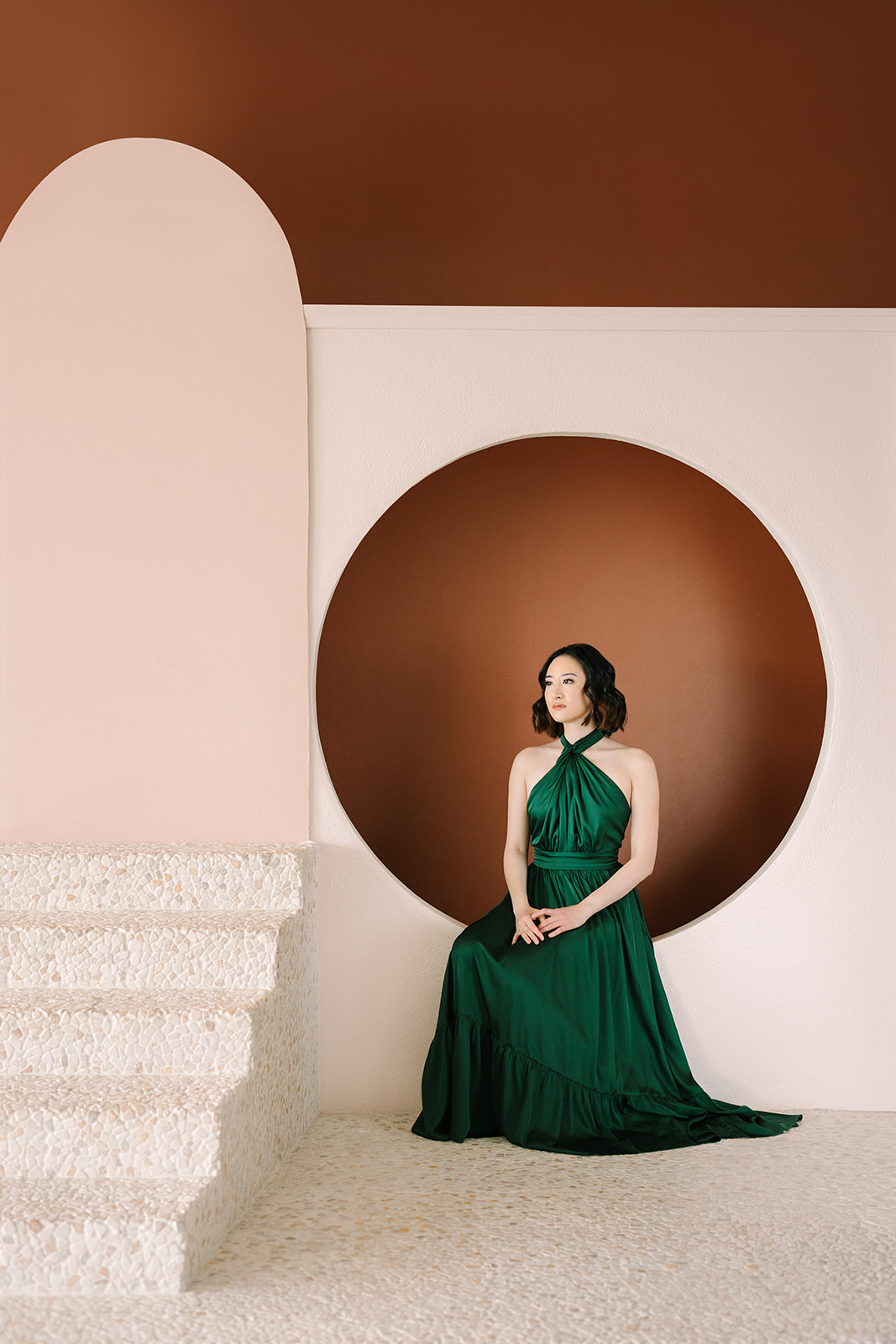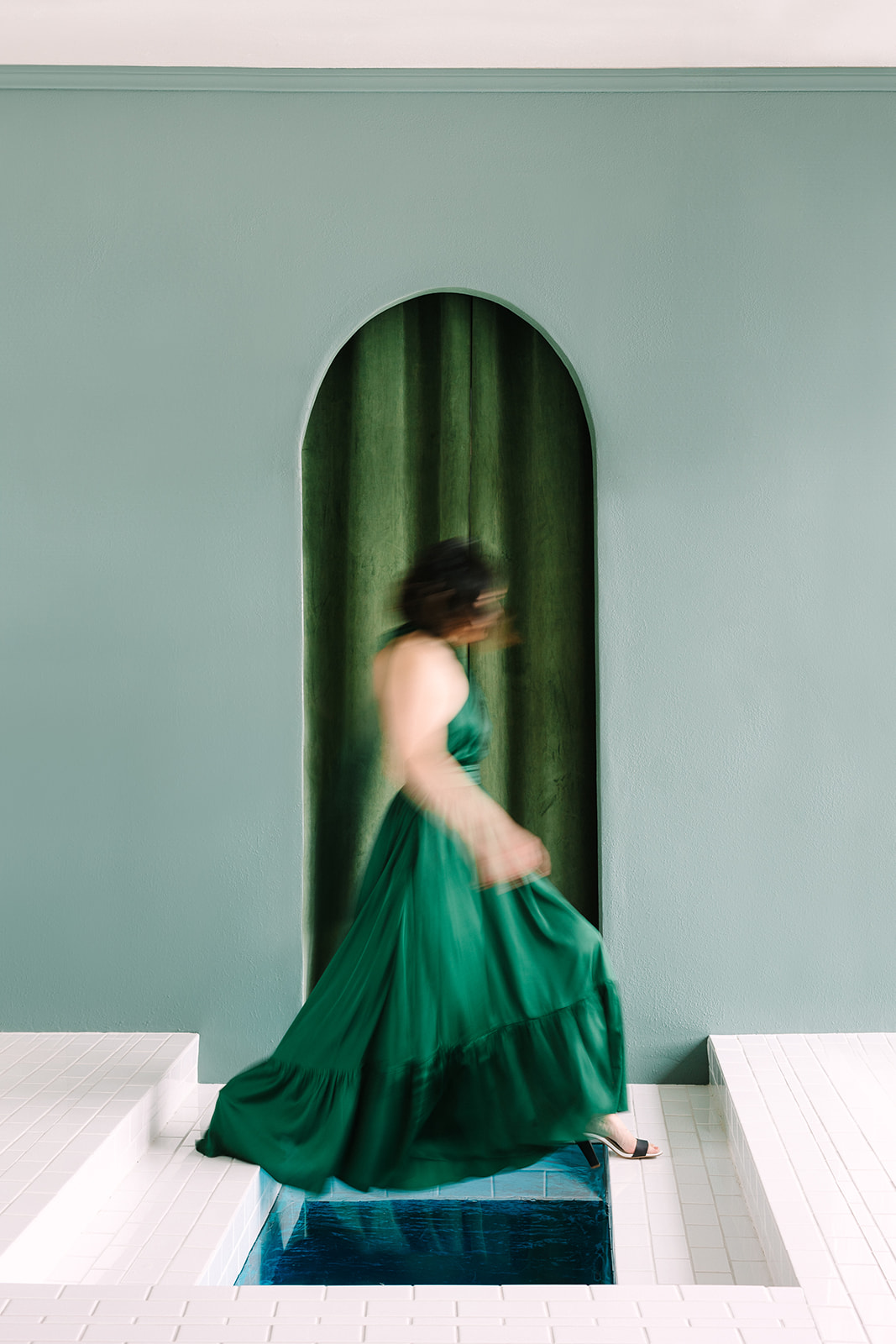
Recordings


Cécile Chaminade
“Automne”
Released May 1, 2020
Cécile Chaminade was one of the most popular and commercially successful composers of the 20th century, with hundreds of fan clubs in the US and a Légion d’Honneur from the French government—a first for a woman composer.
“Automne,” the second piece in a set of concert études, is a showcase of range: the outer sections are lilting and poignant, while the middle section is a formidable storm of virtuoso technique.
Listen and download now on the streaming platform of your choice.



Louise Farrenc
Etude in F# Minor
Released March 20, 2020
“…really amazing take on that etude. [… A] really compelling performance, as well as a piece of music.” — Cullan Lucas, director of DUOS
French Romantic composer Louise Farrenc was a renowned concert artist and composer who, in 1850, negotiated equal pay for herself as a professor at the Conservatory of Paris. A gifted symphonic writer, she also found great success writing chamber music and solo piano pieces.
Her Étude Op. 26 No. 10 in F# Minor is a beautiful microcosm of human emotion; with kaleidoscopic runs and aching chord progressions, it reflects the quintessentially Romantic writing of the age.
Listen and download now on the streaming platform of your choice.

Clara Schumann
G Minor Sonata
Released November 8, 2019
“Sharon Su brings a wonderful new vivacity to the piece, playing with breathtaking clarity and passion.” — Elizabeth de Brito, host of The Daffodil Perspective
While Clara Schumann is lauded as an icon for her influence on modern classical performance practices, her actual compositions—many of which were successfully received in her lifetime—are not performed or recorded to the extent that they deserve. A debut recording from pianist Sharon Su, this release of Clara Schumann’s Piano Sonata in G Minor is a long-awaited labor of love.
The first movement, Allegro, oscillates between two personalities: solemn, then playful. There are moments throughout the movement where the layers are stripped away until nothing but a simple motif remains: “short-short-short-long.” This motif transforms itself into the opening of the second movement, Adagio, which is thoughtful, introspective, and deeply intimate. The third movement, a mischievous and childlike Scherzo, carries whiffs of Classical-era fancy. The final movement, Rondo, is smoky and mercurial—breathless with desperation, it melts seamlessly into moments of bucolic contentedness before sinking back into a whirl of drama and darkness.
Listen and download now on the streaming platform of your choice.

© Sharon Su 2024